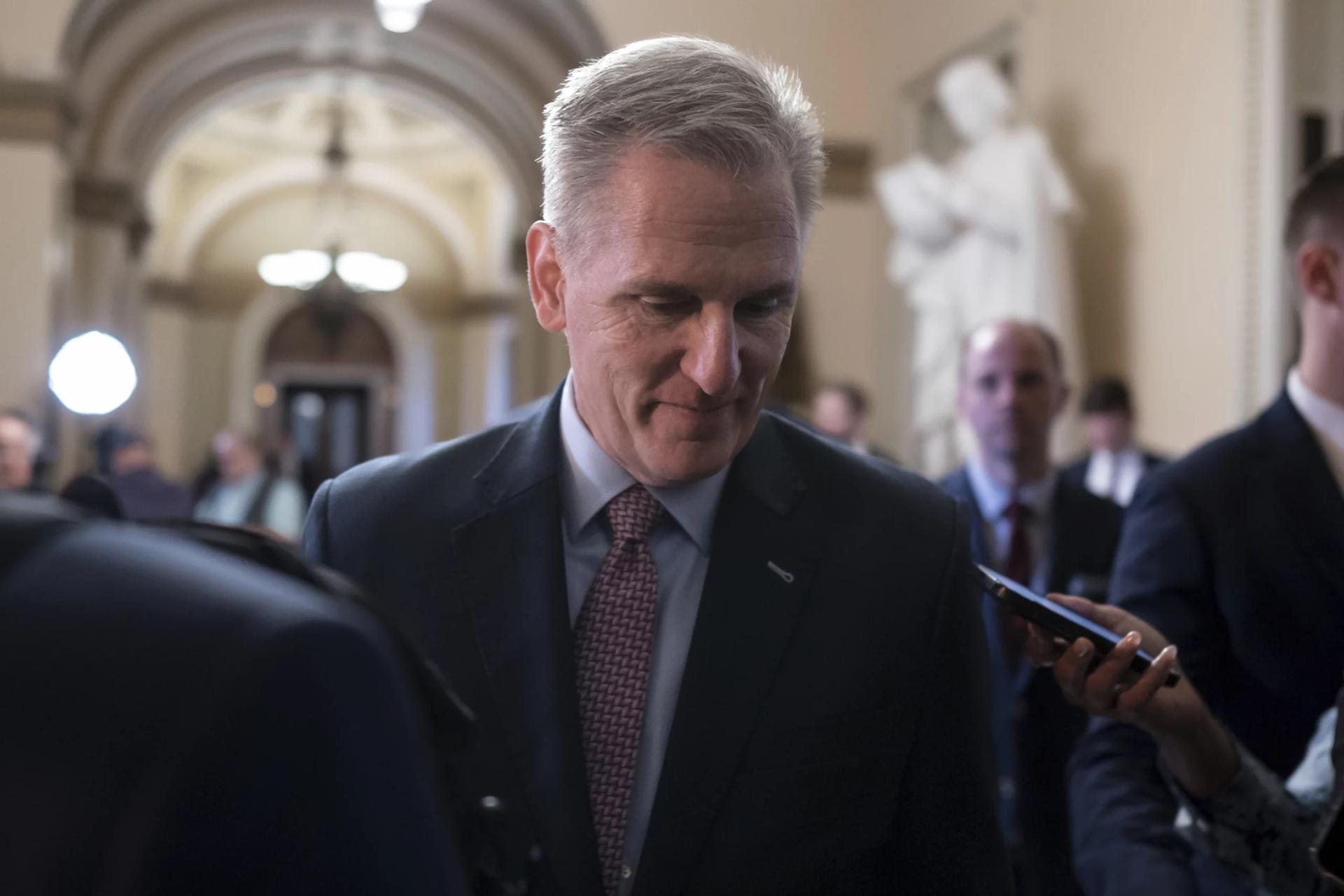NEW YORK – With the threat of a government shutdown looming, the president of the United States Conference of Catholic Bishops has written to congressional leaders urging bipartisan cooperation to avoid a shutdown and provide a “just budget” for the nation.
“As the beginning of Fiscal Year (FY) 2024 approaches, the nation once again faces the possibility of a government shutdown,” Archbishop Timothy Broglio of the Archdiocese for the Military Services wrote in the Sept. 21 letter. “As always, the Catholic bishops of the United States stand ready to work with leaders of both parties to address the situation.”
Congress has a midnight on Sept. 30 deadline to come to pass the budget, or something temporary to keep the government funded past the deadline, known as a continuing resolution. Neither looks imminent, as House Republicans remain divided on spending negotiations. A government shutdown would close all federal agencies except those deemed “essential.”
In the letter, Broglio also called for bipartisan cooperation to get something passed.
“The bishops renew our call for bipartisan cooperation to avoid a government shutdown and enact a just budget that reduces future unsustainable deficits, protects poor and vulnerable people, advances the common good, and promotes human life and dignity,” Broglio said. “The Conference remains committed to working with you and the administration toward these ends.”
The letter was addressed to Republican Speaker of the House Kevin McCarthy, Democratic House Minority Leader Hakeem Jeffires, Democratic Senate Majority Leader Chuck Schumer, and Republican Senate Minority Leader Mitch McConnell.
Broglio’s letter focuses on HR. 5525, the House-proposed spending bill, called the “Continuing Appropriations and Border Enhancement Act of 2024,” and specifically the border measures it includes.
In essence, the bill would authorize $1.59 trillion of spending through Oct. 31. It would fund defense, veterans’ affairs and disaster relief programs at FY2023 levels, and reduce other program funds by 8.1 percent. It would also enact a number of border-related provisions similar to those in the “Secure the Border Act of 2023 (H.R. 2),” which the Republican-controlled House passed in May before it stalled in the Senate.
Specific border measures the proposed spending bill would include construction of a border wall along at least 900 miles of the southern border, enhanced border security, additional requirements for asylum eligibility and the expansion of provisions that bar certain individuals from applying, increased requirements to qualify as a refugee, an expansion of the category of non-U.S. nationals who are subject to expedited removal, and more.
Broglio argued that enforcement of child labor laws, protection of migrant children, refugee resettlement, domestic assistance, international assistance, humanitarian assistance to Ukraine, the Shelter and Services Program, and other matters, are all greater “emergency funding priorities.”
U.S. bishops have consistently opposed the “Secure the Border Act of 2023” and the provisions outlined in the “Continuing Appropriations and Border Enhancement Act of 2024” budget proposal. Broglio said in his letter that the provisions are “counterproductive and harmful.”
“My brother bishops and I continue to believe that such provisions would severely weaken humanitarian protections long enshrined in U.S. and international law,” Broglio said.
“As my brother bishops wrote earlier this month, Catholic social teaching clearly recognizes a country’s right to regulate its borders in accordance with the common good, but the USCCB opposes measures that seriously contradict our nation’s fundamental commitment to humanitarian protection, especially those that would undermine protection for the sanctity of human life.”
For that reason, Broglio added, many of the provisions in the “Secure the Border Act of 2023,” should be rejected as part of the budget proposal as “proceeding with their inclusion would make the measure objectionable and untenable.”
“Immigration reform is long overdue, and compromise is necessary to achieve it, but unjust ultimatums must be rejected,” Broglio said.
Follow John Lavenburg on X: @johnlavenburg












